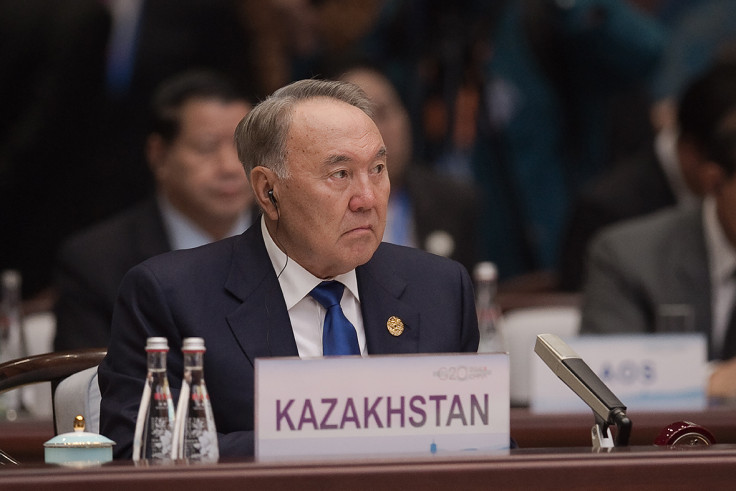Kazakhstan is changing its name to snub Putin
Country announced plans to introduce Latin alphabet by 2025.

The central Asian country of Kazakhstan is changing its name to Qazaqstan in a challenge to Russian influence over the country.
The former Soviet state announced on Friday (October 27) it will appoint a national committee to oversee the country's transition from Russian Cyrillic to a Latin-based alphabet by 2025. As a result, the name of the country will be changed to the Latin equivalent 'Qazaqstan.'
Officials say the plan is part of a drive to modernise the country, but others have seen it as a symbolic move to underline Kazakhstan's independence from Moscow.
"[Latin] is used by approximately 70% of all countries, making it an essential part of communicating across the globe, especially in terms of technology, business, science and education," its foreign ministry said.
Although Kazakh is the government's official language, around one-fifth of the nation's 18 million citizens use Russian on a day-to-day basis.
Currently the country uses a Cyrillic alphabet which was introduced in 1940 by the then ruling Soviet Union. The adapted Kazakh Cyrillic alphabet contains 42 letters, including 9 reserved for Kazakh language sounds.
Kazakh is in the family of Turkic languages and was originally written in Arabic up until the 1920s, when Russian authorities initially introduced the Latin alphabet. They subsequently changed it to Cyrillic two decades later.
Observers believe the move is likely to anger the Kremlin, which still exerts control over the oil-rich nation. During the Crimean crisis in 2014, Vladimir Putin pledged to protect ethnically Russian populations around the region, which has deeply worried officials in Astana, Kazakhstan's capital.
Nursultan Nazarbayev, the country's 77-year-old president, has long touted a move away from Russian influence and has recently accelerated plans for a Latin alphabet. In a newspaper column in April, he stated that teaching of Roman alphabet would begin in 2018, alongside the introduction of new school textbooks.
Nazarbayev has been in charge of Kazakhstan since the fall of communism in 1991 and is officially styled as 'Leader of the Nation.' The long-serving politician has been subject to criticism by human rights organisations such as Amnesty International, who have accused him of presiding over an authoritarian regime. He successfully fought a presidential election in 2015 and won 98% of the vote.






